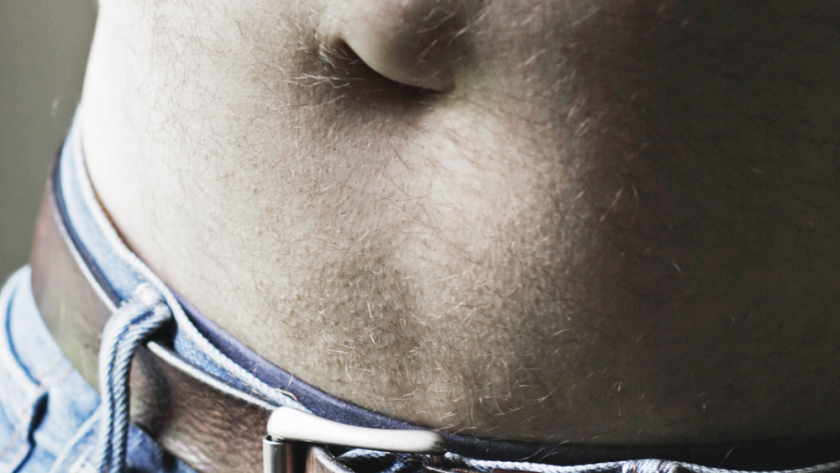A hernia is a common health condition in the United States that affects more than 700,000 individuals annually. When the peritoneum is weak, abdominal organs can bulge through the muscle, including the intestines. Most hernias appear in the abdomen or the groin area of the body and protrude out through the belly button or incision sites from previous surgeries. While there is no specific cause for hernia, medical problems like cystic fibroids and activities that include lifting heavy objects increase your risk for hernia. Because hernia does not go away on its own, your McKinney bariatric, general & laparoscopic surgeon may recommend surgery to reduce the risk of complications and minimize pain and discomfort.
What is a hernia?
This health problem occurs when internal organs such as the intestines protrude through weak abdominal muscles or tissues. Although most hernias cause no pain, some can result in intense pain upon bending over, lifting heavy objects, and coughing. Below are the most common types of hernias diagnosed in most patients.
- Inguinal hernia
- Femoral hernia
- Umbilical hernia
- Hiatal hernia
Inguinal hernia
An inguinal hernia is the most common form of hernia, which affects more men compared to women. While an inguinal hernia is not harmful, it cannot improve on its own and can result in life-threatening complications that include strangulation.
Symptoms for inguinal hernia
The projection caused by hernia can get back in when lying down. Although the bulge can be pushed in, it can reappear when you cough, laugh, cry, or engage in physical activities. Some of the symptoms of hernia include:
- Pain at the site of the bulge.
- Discomfort and pain in your groin when lifting objects, bending over, or coughing.
- Gradual growth in the size of the bulge
- Swelling around the testicles.
- A feeling of heaviness in the groin
How can you prevent an inguinal hernia?
Maintain a healthy body mass index (BMI)
Excess body weight causes exertion of too much pressure on your abdominal wall and muscles. Extra pressure may gradually weaken the abdominal walls and other surrounding muscles. A combination of a healthy diet and exercise may help you lose excess pounds and maintain the required weight. Your diet may include vegetables, fruits, whole grains, legumes, nuts, and seeds. Low-fat dairy products are also suitable for people trying to lose weight. Eating a healthy diet not only reduces your risk for hernia but tones your body too.
Avoid lifting heavy objects.
Lifting heavy objects strains your abdominal muscles and may cause them to become weak with time. Always ask for help when you need to lift heavy objects and observe proper lifting techniques. One of the ways to avoid strain is lifting with your knees instead of using the waist.
Strengthen the core muscles
Physical exercises such as planks are great for strengthening the muscles in your abdominal area and groin. Examples of the core muscles in your body include the gluteus maximus, pelvic floor, oblique muscles, and minor muscles.
If you have the symptoms of a hernia, such as a bulge in your groin, book a session with your specialist at Michael Sutker, MD, for diagnostic evaluation and treatment to reduce discomfort and improve your general well-being.



